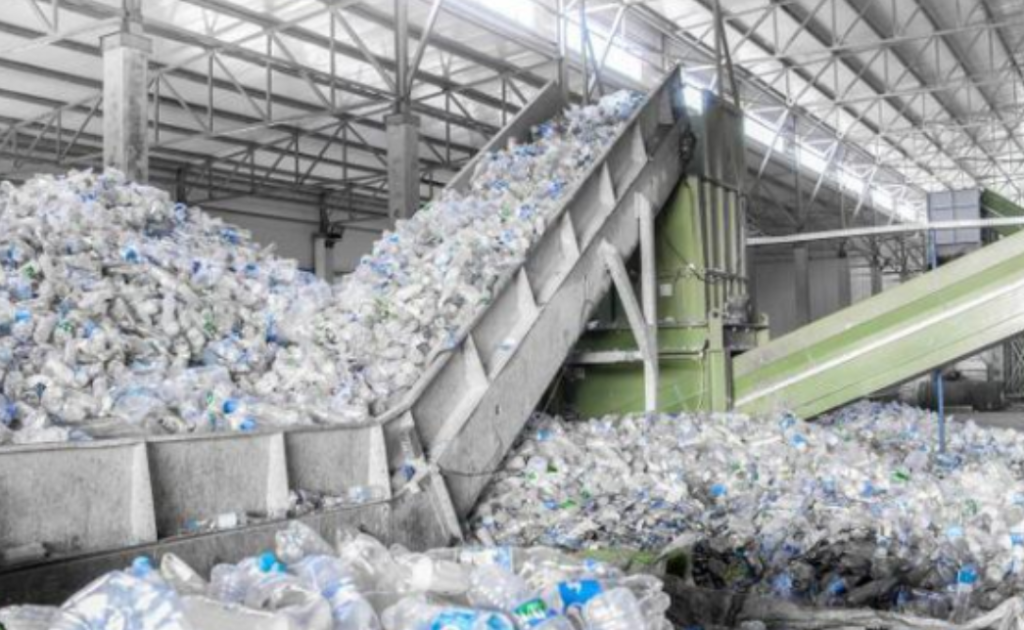November 11, 2024 – Malaysia Struggles with Rising Waste Imports Despite Government Efforts
Malaysia continues to grapple with being a dumping ground for global waste, despite repeated government vows to prevent such a fate. Data from the Eurostat reveals that the country imported a staggering 35% more plastic waste from the European Union (EU) last year compared to 2022. In 2023, over one-fifth of the 8.5 million tonnes of paper, plastic, and glass exported by the EU found their way to Malaysian landfills, alongside Indonesia and Vietnam serving as major importers of European waste.

While approximately 90% of Europe’s waste has been locally processed since 2004, exports have soared by 72%, sparking widespread concern and questioning the EU’s recycling ethics. The EU has agreed to ban the export of plastic waste to non-OECD countries, including Malaysia, from mid-2026, aiming to prevent materials from being sent to nations lacking proper disposal facilities. However, Jan Dell, founder of the campaign group The Last Beach Clean-up, criticized the EU for the significant increase in plastic waste shipments to Asia ahead of the ban, labeling it as “blatant hypocrisy.”
Following China’s ban on solid waste imports, several Southeast Asian countries have seen a surge in plastic waste imports, with Malaysia emerging as one of the world’s largest importers by 2021. Despite the government’s desire to reduce waste imports, no formal ban is in place. Greenpeace activist Hema Sulakshana highlighted that much of the imported plastic is either non-recyclable or contaminated, ultimately ending up in landfills or incinerators, causing severe environmental pollution.
Among environmentalists, opinions on circular economy initiatives are divided. Some view recycling as crucial for reducing waste and resource consumption, while others argue that it is not enough. The nonprofit organization Circular Initiative estimates that proper recycling and reuse of plastic waste in South and Southeast Asia could prevent significant greenhouse gas emissions by 2030. However, the reality is that much of the waste still ends up in landfills or incinerators, leading to pollution and emissions.
Strengthening regulatory enforcement emerges as a critical solution to this issue. Shiori Shakuto, a lecturer at the University of Sydney, emphasized the need for Malaysia and the EU to enhance oversight to ensure toxic waste is not traded and to curb illegal waste trafficking. The European Commission estimates that 15% to 30% of waste shipments from the EU are illegal, highlighting the urgent need for stricter enforcement. The EU has engaged in dialogues with Thailand, Malaysia, and Indonesia to combat illegal waste trafficking, but importing countries must also more rigorously enforce existing regulations, especially as illegal waste transports may increase after the EU’s new rules take effect. Thus, nations like Malaysia must bolster their regulation of international waste trade to ensure they do not continue to serve as the world’s dumping grounds.














